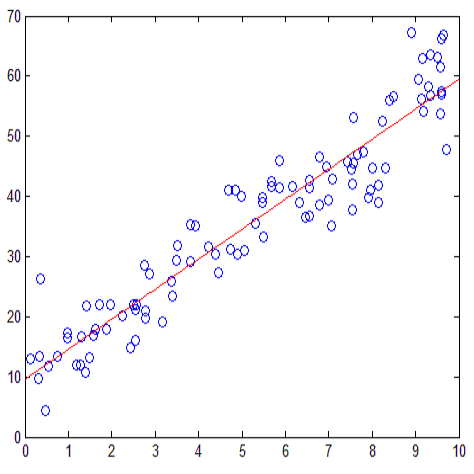Identifying spatial heterogeneous patterns has attracted a surge of research interest in recent years, due to its important applications in various scientific and engineering fields. In practice the spatially heterogeneous components are often mixed with components which are spatially smooth, making the task of identifying the heterogeneous regions more challenging. In this paper, we develop an efficient clustering approach to identify the model heterogeneity of the spatial additive partial linear model. Specifically, we aim to detect the spatially contiguous clusters based on the regression coefficients while introducing a spatially varying intercept to deal with the smooth spatial effect. On the one hand, to approximate the spatial varying intercept, we use the method of bivariate spline over triangulation, which can effectively handle the data from a complex domain. On the other hand, a novel fusion penalty termed the forest lasso is proposed to reveal the spatial clustering pattern. Our proposed fusion penalty has advantages in both the estimation and computation efficiencies when dealing with large spatial data. Theoretically properties of our estimator are established, and simulation results show that our approach can achieve more accurate estimation with a limited computation cost compared with the existing approaches. To illustrate its practical use, we apply our approach to analyze the spatial pattern of the relationship between land surface temperature measured by satellites and air temperature measured by ground stations in the United States.
翻译:暂无翻译



